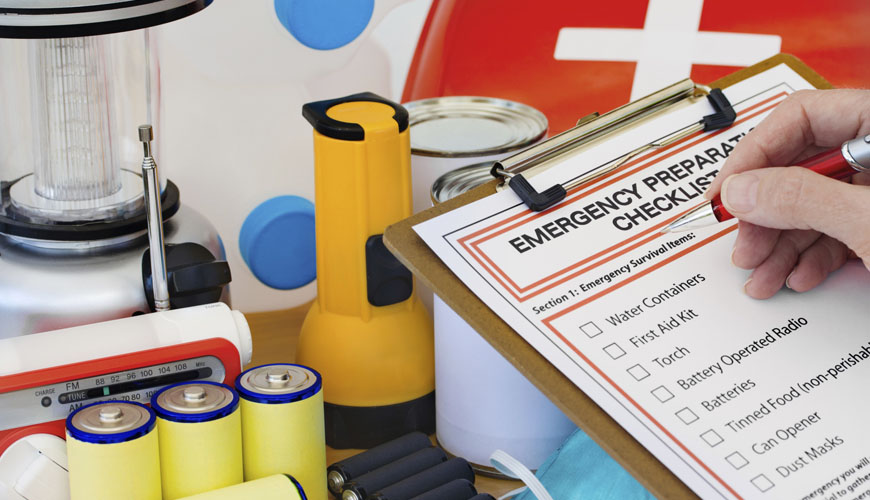How To Prepare Your Family For Unexpected Disaster

Having a disaster hit your home is devastating, but you can lessen the damage if you prepare ahead of time. Your whole family should be included in the disaster preparedness operation.

During a disaster, your family may get separated. A disaster plan should include having a set place to meet afterwards to ensure everyone’s safety. Small children should have tags sown onto their clothing with their name, your name, address, phone number, meetup spot and any pertinent medical information. Young children will love having a special “disaster shirt” they can wear to ensure their safety.
In case of fire, your family needs an escape plan so that each person can get out of the house to safety. Practice your escape plan at least once a month so that no one panics if the time comes to enact it. Designate a safe place to meet outside so you can see that everyone made it out. Put red stickers on all bedroom windows, and special child stickers on children’s bedroom windows so the fire department knows where everyone is.
Surviving a disaster becomes a lot easier if you have a backup power generator. If you can afford a whole-house generator, that is definitely the best alternative. These units allow you to maintain heating and cooling systems, which can be the difference between life and death in a severe winter storm in a frigid climate. At the very least, having a simple gas-powered unit that keeps your refrigerator and lights going is essential. A Wade Sales & Service power generator prevents food loss and the danger of fire from using candles or oil lamps.
An emergency kit should contain essentials for living off-grid for at least 3 days, including food, water, first aid supplies, medications, pet supplies, clothing, toiletries and entertainment items. A tool kit with flashlights and simple tools should also be included. A tent or other shelter will keep you dry and protected if you cannot leave the area. Cooking supplies such as a small grill, charcoal, matches and fire starter allow you to prepare food, boil water and can be used to signal help if necessary.
Emergency preparedness is not always a simple thing, depending on the situation. It’s difficult to be prepared for any situation that may arise, but at least try to be prepared for the most common disasters in your area, whether they be fires, tornadoes, storms or floods. If you can survive for three days, you have a much better chance of making it out alive.
